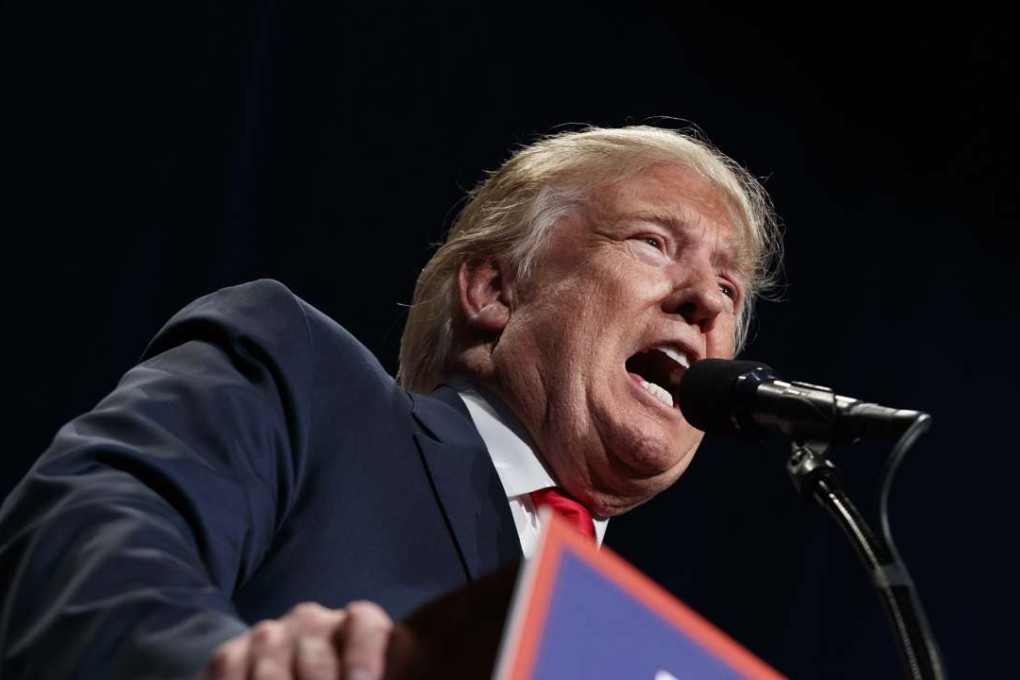Mind the Gap | Here’s why Donald Trump could still win on November 8
Undecided voters will likely swing the US Presidential election, in what’s sure to rank as the dirtiest campaign showdown in American history

Woody Allen once joked about two Jewish women talking about pornography. One said: “I hate pornography.” The other replied: “Yes, and the lighting is so bad, too.”
On the surface, the 2016 US presidential election seems to be living out this joke. I wrote that when Donald Trump revealed his candidacy, he could become the accidental president. And so far, he is still on that path after evicting the Republican Party establishment and its chosen candidates.
With 29 days left until election day, the presidential race is still too close to call. And the revelations become dirtier and more salacious as each day rolls on in what is the dirtiest election campaign in history. But beyond the reality-show-survivor cutthroat tactics lie important trends being reflected around the world.

The choices still couldn’t be more stark. Hillary Clinton is without doubt the most qualified presidential candidate ever, but someone without the courage of her convictions – a professional politician. Discussing middle-class economic anxieties, Clinton told a crowd at a Goldman Sachs-sponsored speech that she was now “kind of far removed because [of] the life I’ve lived and the economic, you know, fortunes that my husband and I now enjoy, but I haven’t forgotten it”.
Trump is brazen and unedited. His policy pronouncements are often contradictory; they flow from a narcissistic media manipulator with no clear underlying ideology. He is exactly how you would imagine an opportunistic, aggressive and egotistic entrepreneur to behave in a political arena.
Never before has mainstream media been so unreservedly and completely biased against one presidential candidate, which explains why Trump could still win. Polls have proven to be inaccurate with two highly unpopular candidates, so undecided voters will swing the election. Voters could very well revolt against the unrelenting stream of media vitriol.
